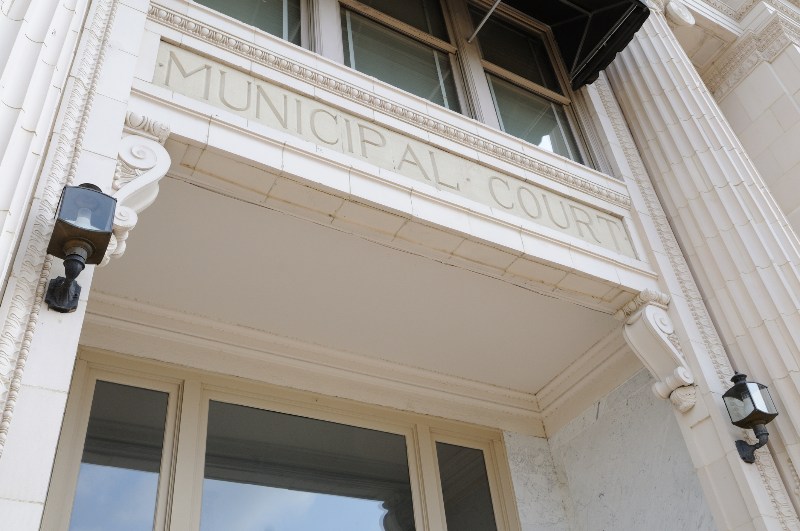Municipal Law: Meaning and Types

Municipal law is a cornerstone of any well-functioning society, defining the rules that govern daily life within a country, state, or locality. Learn more about general municipal law, how it applies to you, and the role municipal law lawyers play.
What Is Municipal Law?
The rules, regulations, and legal principles of a sovereign state are grouped under the broad umbrella of municipal law. This contrasts with international law, which deals with the relationships and obligations between different countries. Municipal law governs everything from criminal behavior and property disputes to the rights of citizens and the responsibilities of city governments, school districts, and zoning boards.
Domestic courts and administrative bodies enforce municipal law to ensure compliance with rules that maintain societal order. If you’ve ever dealt with zoning issues, contested a fine, or negotiated contract disputes, you’ve interacted with some aspect of municipal law.
Sometimes, the interactions aren’t immediately apparent. For example, labor laws determine the protocols businesses can use when hiring workers, and environmental regulations affect how they must handle waste and emissions. For individuals, municipal law determines the ease of obtaining building permits and establishes neighborhood noise ordinances.
Types of Municipal Law
Municipal law covers a broad range of legal areas. Here are the major types:
- Criminal law defines what constitutes criminal behavior, such as theft, assault, or fraud, and establishes corresponding penalties. Municipal criminal law maintains public safety and ensures justice for victims.
- Civil law governs disputes between individuals or entities, often involving contracts, property, or family matters. It focuses on resolving conflicts and compensating affected parties rather than punishing offenders.
- Administrative law regulates the actions of government agencies to ensure they operate within their legal authority. Impacted areas include licensing, benefits programs, and workplace regulations.
- Constitutional law is concerned with the interpretation and application of the Constitution. It addresses issues related to individual rights, separation of powers, and the scope of governmental authority.
- Environmental law governs activities that affect natural resources, pollution, and land conservation. The goal is to protect the ecosystem while balancing economic development.
- Zoning and land use laws dictate whether land within a jurisdiction can be used for residential, commercial, or industrial purposes. They shape urban development, protect property values, and maintain orderly expansion.
Hire a Municipal Law Attorney
A municipal law attorney can guide you through complex local, state, and federal regulations to ensure you understand your rights and responsibilities. These legal professionals provide essential support in areas like:
- Zoning and permits when planning a major project
- Regulatory compliance with government agencies
- Drafting contracts that comply with local laws
- Resolving disputes through litigation
The Law Offices of Robert E. O’Connor, P.C. has been helping clients navigate municipal law in Delaware County and Chester County since 1997. Whether you’re facing a zoning challenge or a regulatory issue, Mr. O’Connor is well-equipped to handle your case. Schedule an appointment at our office in Media, PA, today to discuss your concerns.
